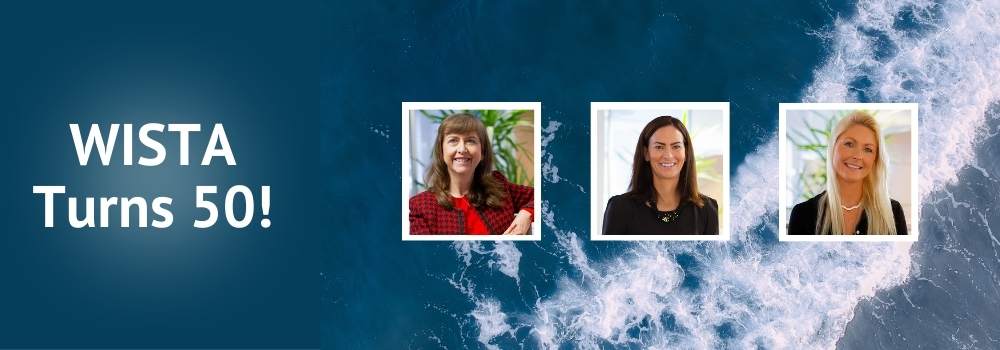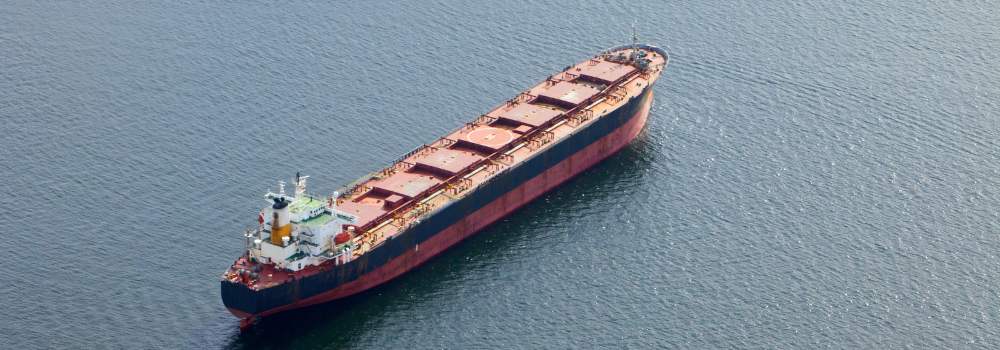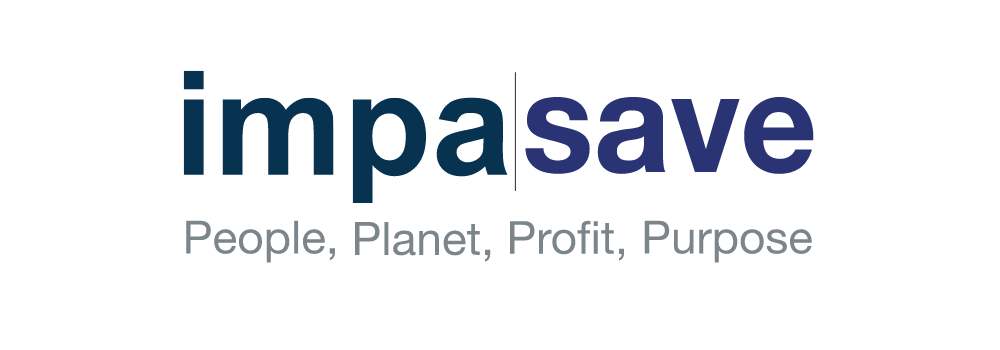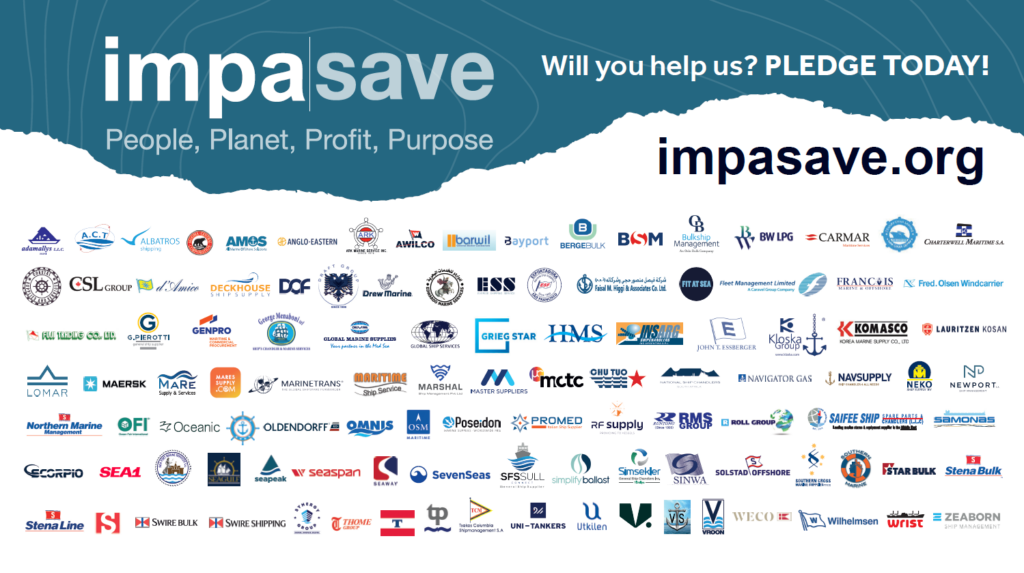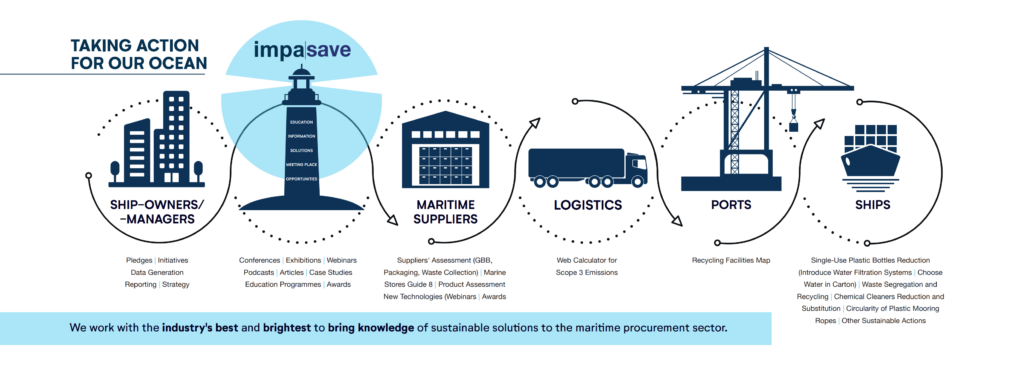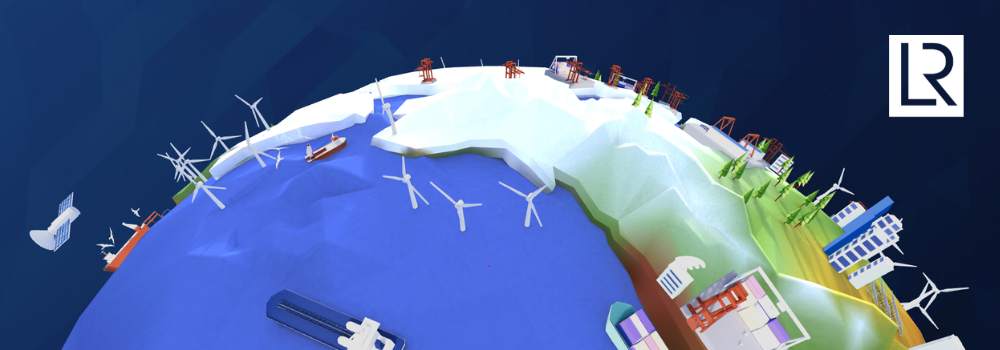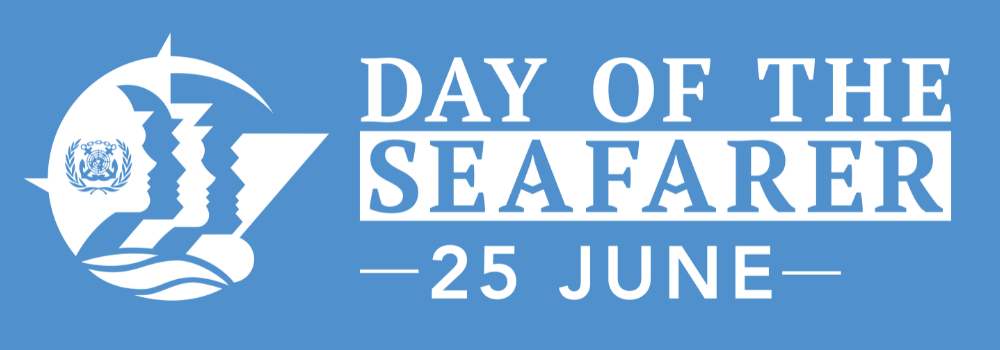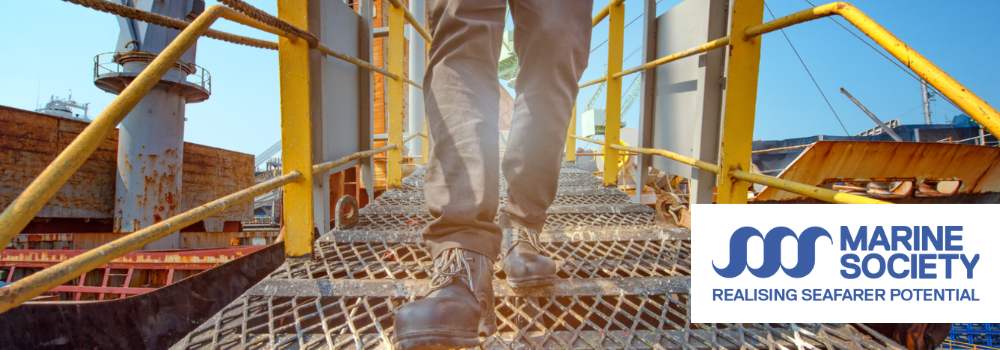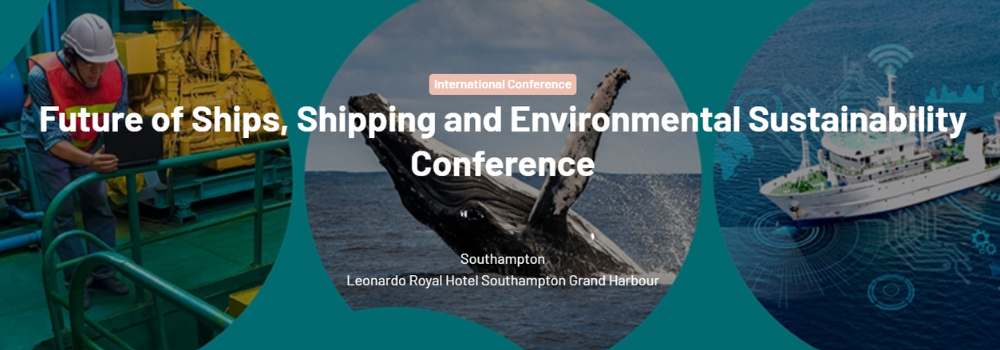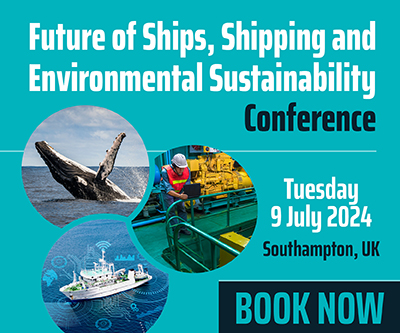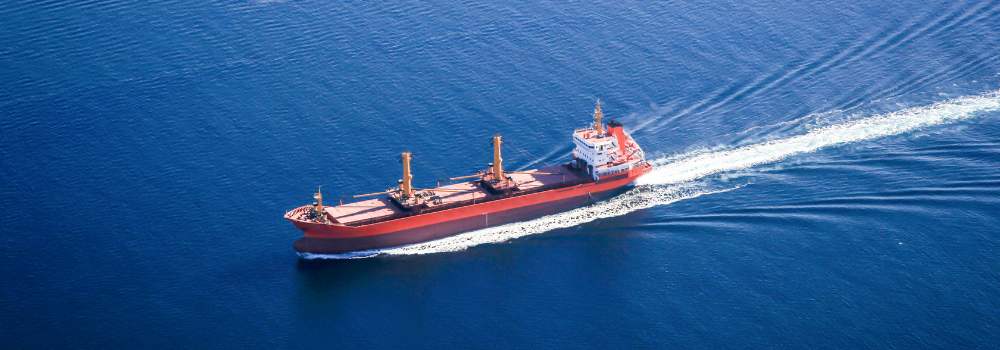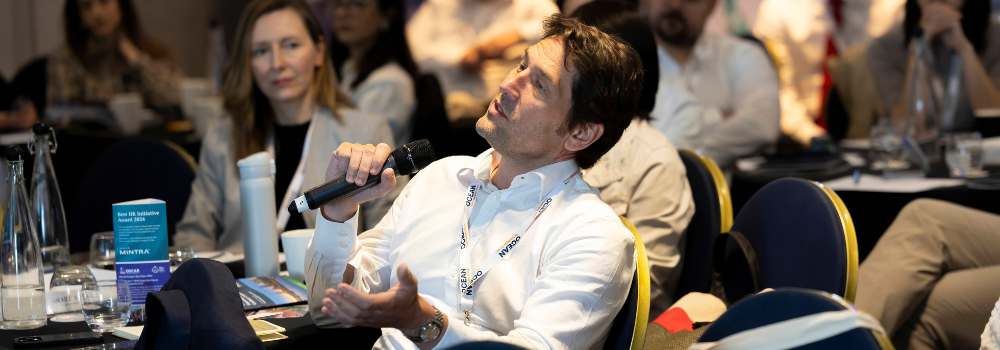WISTA, the Women’s International Shipping & Trading Association turns 50 this year! The organisation was originally set up in 1974 by three women representing the Netherlands, UK, and Germany. The primary purpose of the Association was to help promote networking in exchange for the sharing of experiences among women working in the sector.
At Spinnaker, we have 3 active members of WISTA UK – Managing Director, Teresa Peacock, Head of Marketing & Business Development, Helen McCaughran, and Senior Recruitment Consultant, Hayley Menere.
As we celebrate 50 years of WISTA, we asked them how the shipping industry has changed since they began working in the sector and any advice they’d give to women starting out in maritime.
Teresa Peacock
Tell us about your current role, how long you have been working in maritime, and how you moved into the sector.
I fell into maritime really, I had been working in Search & Selection for twenty years and had successfully sold my company. After taking some time off, I was looking for my next challenge, I was introduced to Phil Parry and became fascinated by this industry I knew nothing about. He asked me to join Spinnaker and sixteen years later I am still as fascinated and engaged in the industry! We specialise in placing great people into great companies, I personally handle all of the Executive Searches for the business, generally C-Suite level, but also for those more difficult-to-fill roles.
What do you enjoy most about the shipping industry?
The variety of sectors we work across, from owners and managers to law firms or technology companies, charities or industry bodies – and around the entire globe, my job is never boring. Of course, I also enjoy meeting lots of people and hearing the paths of their careers, people are so interesting, I just love it when I match people with organisations.
How do you think the industry has changed since you first started out? Specifically with opportunities for women.
HR in maritime has become far more sophisticated over the last twenty years. This change has resulted in an education around what people from different backgrounds can offer to companies. The more diverse an organisation is the broader the spread of ideas and approaches to challenges and issues, which results in better decision-making because people come at problems from different angles ensuring wider considerations. Women’s voices add to that diverse approach, as does the voices of people from differing backgrounds. I don’t think the issue of gender has been solved, but we have certainly made inroads and we have large numbers of very senior women in the industry now, more than ever before.
How has an Association like WISTA helped promote diversity in the sector?
I have seen WISTA grow from around 1,200 members worldwide to almost 5,000 worldwide, which is just incredible. We are here to support women in their career. The membership is made up of men and women, men are key advocates for women, we need to work together to improve diversity. This is not a women’s issue, this is a business issue and those businesses that embrace diversity will outperform their competitors.
What advice would you give women looking to work in maritime?
Join a professional organisation like WISTA, attend industry events and seek a mentor. Take time to explore all of the different roles within maritime, from seafaring to legal to chartering to HR – there are so many diverse roles to choose from. Entering the maritime industry as a woman may come with its unique set of challenges, but with determination, the right skills, and a supportive network, it can lead to a highly rewarding career.
Helen McCaughran
Tell us about your current role, how long you have been working in maritime, and how you moved into the sector.
I have been working in the shipping industry for the last 8 years (since I first stepped into the Spinnaker office!). When I first joined the company, it was in a newly created role in the HR Consulting team and the focus was on new business development for the Maritime HR Association. This is a member’s ‘club’ for shipowners and shipmanagers who want help to ensure they are paying their shore-based staff correctly.
The role grew over the years to include a new membership club for employers of crew, the Seafarer Employers’ Association, a leadership development programme, and I was also tasked with growing Spinnaker’s annual conference for the maritime HR community.
I stumbled into the shipping industry by accident. I was at a maritime festival in my hometown of Leigh-on-Sea and Spinnaker were a sponsor of the event. I picked up a business card and after researching them I thought they looked like a great local company, so I sent my CV in cold to Teresa Peacock and the rest is history.
What do you enjoy most about the shipping industry?
I like the fact that the industry is changing (all be it slowly), but it is great to see some of the changes that our clients are making within their own companies. I work mainly with HR teams and at our recent Maritime People & Culture Conference we invited our clients to submit an entry for a HR initiative they had implemented within their organisation. We were overwhelmed with the response and it was clear that HR teams are really trying to make a difference to the employee experience in their organisation. What was even more pleasing was that other companies were eager to learn what their peer group were doing, and make positive changes in their own companies.
How has an Association like WISTA helped promote diversity in the sector?
Organisations such as WISTA are absolutely fantastic for supporting women in the sector. They organise many networking events across the global creating a network of like-minded females who want to support each other and promote equality in the industry.
What advice would you give women looking to work in maritime?
What have you got to lose? It’s a great industry to work in, with lots of opportunities to meet new people and really make a difference!
Hayley Menere
Tell us about your current role, how long you have been working in maritime, and how you moved into the sector.
I’ve been in maritime for nearly 5 years. I was introduced to the sector at a careers event that Spinnaker were exhibiting at. When I was made redundant in 2019, I sent my CV to Teresa Peacock and the rest is history.
What do you enjoy most about the shipping industry?
The global aspect so that our candidates can have the option to relocate across the globe.
How do you think the industry has changed since you first started out? Specifically with opportunities for women.
One of my law firm clients has a target to have 50% of their partners as women in the next 3 years.
How has an Association like WISTA helped promote diversity in the sector?
WISTA is a great space to share stories of how women are treated in the shipping market. It was fascinating to hear how more and more women are going to sea and how ships are finally accommodating with provisions for women and uniforms that fit!
What advice would you give women looking to work in maritime?
It’s a male dominated environment but that is changing, so don’t be scared to take a leap of faith to meet the hiring managers – you could be pleasantly surprised!

